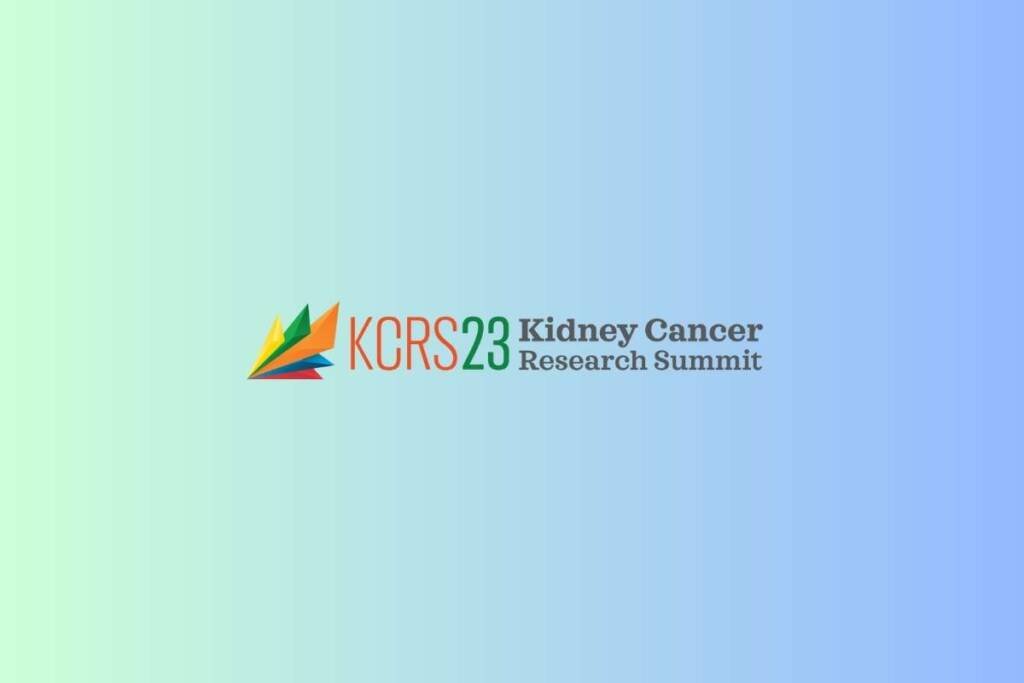In a single-center study presented at the 2023 Kidney Cancer Research Summit, researchers found that patients with metastatic renal cell carcinoma (mRCC) who responded to standard therapies, including immune checkpoint inhibitors (ICIs) and VEGF-targeted therapy, exhibited higher levels of baseline T-cell receptor (TCR) clonality in peripheral blood mononuclear cells (PBMCs) and baseline IgG1 fraction in both PBMCs and tumor tissue. The study aimed to identify potential biomarkers of response in mRCC, given the variation in treatment outcomes with these therapies.
“Differences in T-cell and B-cell immune repertoires are associated with response to ICI (immune checkpoint inhibitor)–based regimens in patients with mRCC,” lead study author Eddy Saad, MD, research fellow in medicine at Dana-Farber Cancer Institute in Boston, Massachusetts, said in a presentation of the data.
Previous research has focused on tumor-specific characteristics to define biomarkers, but the study’s investigators recognized the importance of the interaction between the tumor and the host’s immune environment, which influences clinical outcomes and leads to host-specific biomarkers.
To investigate the relationship between T-cell and B-cell immune repertoires and clinical outcomes in mRCC patients undergoing VEGF-targeted therapy or an ICI-based regimen, the researchers collected and analyzed 386 PBMC and tumor samples from patients treated at Dana-Farber Cancer Institute. TCR sequencing and RNA sequencing were utilized in the evaluation.
Patients had received either a VEGF tyrosine kinase inhibitor (TKI) alone or an ICI in combination with another ICI or a VEGF TKI. The samples were assessed at baseline and on-therapy and then categorized based on responders and non-responders.
“At baseline, there were no differences in the abundance of immune cell populations between responders and non-responders,” Saad said.
Among patients receiving ICI-based regimens, those who responded showed a trend towards increased TCR clonality at baseline compared to non-responders (P = 0.06). However, this trend was not observed in patients treated with VEGF inhibition alone (P = 0.26). Additionally, responders to ICI-based therapies displayed a higher IgG1 fraction
in PBMCs at baseline compared to non-responders (P = 0.01). This difference was not seen in those treated with VEGF inhibition alone (P = 0.15). Similar results with ICI-based regimens were observed in tissue samples (P = 0.05).
The study’s lead researcher, Saad, acknowledged the need for larger patient cohorts to further develop potential practical immune-based markers.





























